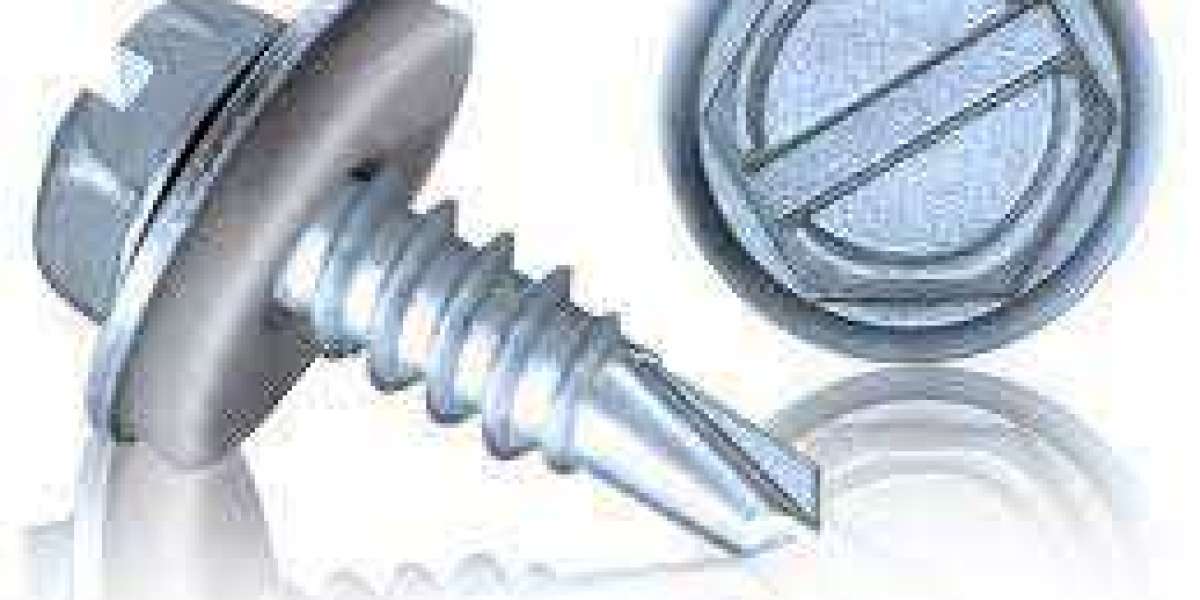Introduction:
When it comes to the world of fasteners, there is one unsung hero that has quietly revolutionized industries and everyday life alike: the stainless steel screw. While often overlooked, these tiny marvels play a crucial role in holding together the modern world. In this article, we will dive deep into the world of stainless steel screws, exploring their unique properties, applications, and addressing common questions in our FAQ section.
What Sets Stainless Steel Screws Apart?
stainless steel screw are known for their exceptional corrosion resistance, making them a top choice for both indoor and outdoor applications. Their resistance to rust and staining is a result of the alloy's composition, primarily composed of iron, chromium, nickel, and sometimes molybdenum. This combination forms a protective layer of chromium oxide on the surface, preventing rust from taking hold.
Common Applications
Stainless steel screws find their place in a myriad of applications, owing to their durability and corrosion resistance. Some common uses include:
Construction: They are a staple in the construction industry, holding together structures from towering skyscrapers to humble home renovations.
Automotive: In the automotive world, stainless steel screws are used to secure various components, including the exhaust system and interior trim.
Marine: Due to their resistance to saltwater corrosion, they are indispensable in the marine industry, holding together boats, yachts, and even underwater structures.
Home Improvement: Stainless steel screws are popular in DIY and home improvement projects, such as building decks, fences, and installing fixtures.
Frequently Asked Questions (FAQ)
Q1: Are stainless steel screws stronger than regular steel screws?
A1: Stainless steel screws are generally not as strong as carbon steel screws. However, they compensate for this with their superior corrosion resistance, which is why they are preferred in environments where rust is a concern.
Q2: Are all stainless steel screws the same?
A2: No, there are various grades of stainless steel screws. The most common grades include 304 and 316, each with different levels of corrosion resistance. Grade 316 is more resistant to corrosion, making it suitable for marine and highly corrosive environments.
Q3: Can stainless steel screws be used outdoors?
A3: Yes, stainless steel screws are an excellent choice for outdoor use because they resist rust and corrosion. However, choosing the right grade and finish is essential to ensure long-lasting performance.
Q4: Are there specific drivers or bits for stainless steel screws?
A4: Stainless steel screws require specialized driver bits, as the material is harder than standard carbon steel. Using the correct driver reduces the risk of stripping the screw head.
Q5: Can stainless steel screws be used in high-temperature applications?
A5: Yes, stainless steel screws can withstand higher temperatures than many other materials. However, it's essential to choose the appropriate grade and consult the manufacturer's specifications for temperature limits.
Conclusion:
Stainless steel screws may be small, but they pack a mighty punch in the world of fasteners. Their resistance to corrosion, versatility, and reliability have made them an indispensable part of our daily lives. Whether you're embarking on a DIY project or overseeing a large-scale construction endeavor, stainless steel screws are likely to be at the heart of it all, quietly ensuring everything holds together seamlessly.







